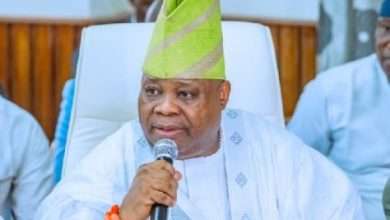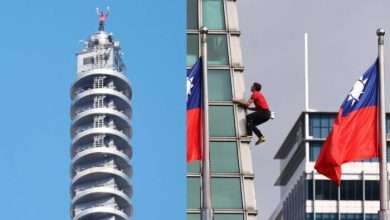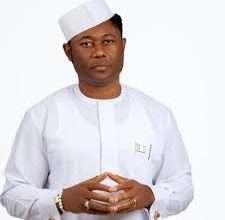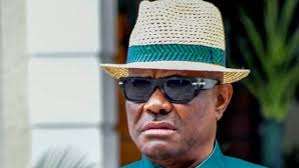
The Majority Leader in the House of Representatives, Femi Gbajabiamila (APC-Lagos) said that Nigeria must go ahead with the plan to borrow 29.9 billion dollars for the country to come out of recession.
Gbajabiamila said this on Sunday in Abuja while giving the end of year report on the activities of the House of Representatives for 2016.
According to him the borrowing plan is specific and targeted at pulling the country out of recession and reflate the economy.
“It is what this government found on ground that informed the quantum and the nature of the borrowing they have to undertake.
“Now to get out of this recession and the sorry state we have found ourselves, I don’t think we can do it without borrowing.
“Borrowing is necessary, United States, England, Germany they all borrow, it is an essential feature of democracy especially when you’re running a deficit budget.
“For now, the borrowing is necessary to pump into the system to inflate activity in the economy, diversify the economy, there is a lot of things we need money for and if the country is not making money, like we used to we have to borrow,” Gbajabiamila said.
The lawmaker said that former President Olusegun Obasanjo was able to come to an agreement to exit the Paris club because the country was making money.
He said the country was still within the borrowing regulations as related to the nation’s GDP.
On the possibility of increasing the salary of workers particularly in the face of soaring inflation and recession, he admitted that salaries at present “are very low,” and that “something has to be done about it”.
He said the House would never back away from any move to increase salaries of workers.
“That is the reason we are here, whether government or private workers, we’re here because of the people.
“And I believe when the issue comes on the floor, I doubt if there will be a dissenting voice.
“And we will begin to look at that viz- a viz inflation, unemployment. Personally, I believe wages are too low as we stand and I think something has to be done about it.
“And I think the House will be proactive in making that move.”
He added that the 8th House introduced 551 bills between January 2016 and December 2016.
“With 64 cases of consolidation of several bills addressing similar issues, five of the bills were negatived while 179 passed second reading and 47 bills were successfully passed by the House in the year 2016,’’ Gbajabiamila said.
(NAN)






